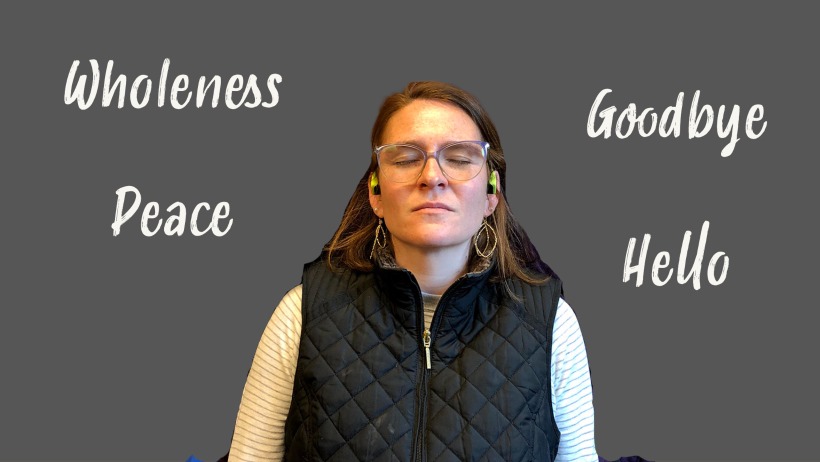The concept of self-care has pushed its way into every aspect of pandemic life. Are you prioritizing care for others over care for yourself? Are you setting aside enough “you” time? Are you respecting the needs of others for their own self-care? Self-care is now the pressure-filled obligation we were trying to avoid by giving ourselves more self-care in the first place.

What if we looked at the entire spectrum of care (care for ourselves, care for others, and everything in between) as general wellbeing? It’s not necessarily prescriptive, but more of a reminder that wellness, wholeness, and care are interrelated. And that concept is actually central to many of the laws of Torah that we receive.
This week we read Parshat Vayikra, and we begin the third book of the Torah, which details the many sacrifices and daily, active mitzvot of living as an Israelite. In the explanation of these sacrifices, we learn that there can be a sacrifice made in times of joy and in times of sorrow. There is a special sacrifice for being guilty of a sin, and there are others for complete thanksgiving. As Sefer Vayikra continues, we learn about the laws of how to treat one another, how to engage in holy relationships, and how our calendar and meals should reflect our innermost values and desires.
In the list of offerings that are made to God, we receive the requirement of an offering of wellbeing. This offering is specifically brought by someone who has something to celebrate. It’s called zevach shelamim in Hebrew, which loosely translates to a sacred gift of (fill in the blank). But why would it be “fill in the blank” instead of the actual gift? The root of the word shelamim is shalem: shin, lamed, mem. If that sounds familiar, it’s because that’s the same root for the Hebrew word shalom, which can mean hello, goodbye, or peace. That leaves the item open to interpretation. Is this supposed to be an offering of peace? Of greeting? What did God mean when this offering was mandated?
I believe this particular offering was left purposefully vague. Sometimes you might need personal wellbeing or peace; other times you might need to “greet” God (or yourself) again. This ambiguity allows us to check in with ourselves to see what we actually need and the flexibility to decide if it’s “me time” or people time.
Parshat Vayikra and each of these sacrifices listed remind us that our life is built on a multitude of offerings, and those offerings are not only meant for what we give to others but also, and just as importantly, what we gift to ourselves. Another meaning of the root word shalem is “wholeness,” and feeling complete is about filling each of our physical and emotional buckets. Perhaps this is the offering or the sacred gift of finding our whole selves in the work of helping others and helping ourselves.



